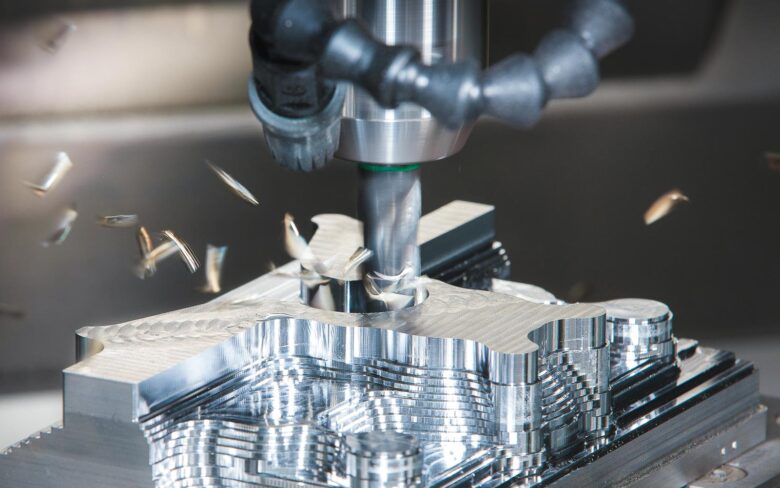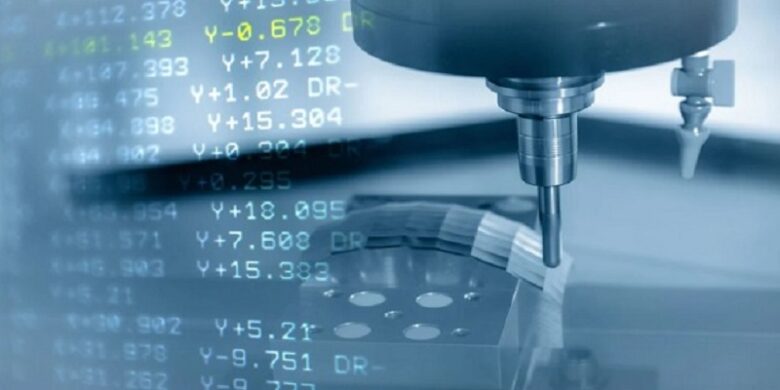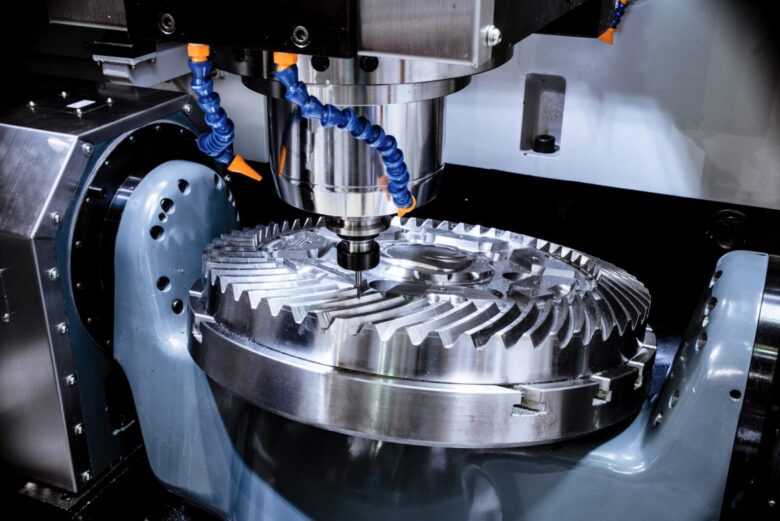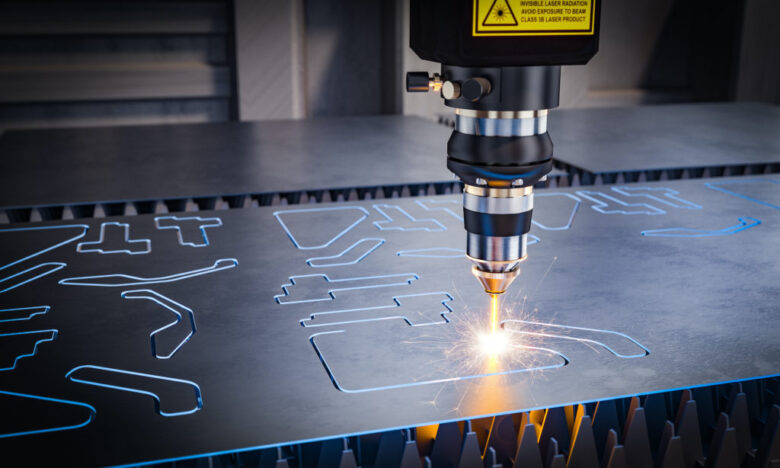Modern manufacturers actively use a wide range of machine tools, including turning and milling units that process materials and produce parts for almost every industry sector.
There are two main groups of machine tools. The first group consists of universal manually operated machines, which have been used for decades. The second group is innovative machines with automated control or so-called CNC machines.
Production efficiency, production range, and even business profitability depend on which machines are installed at production sites, especially in the long-term perspective.
However, CNC machines have one drawback – they are more expensive than traditional equipment. Therefore, before upgrading your existing machines, it is worth checking the pros and cons, paying special attention to the advantages of modern CNC equipment.
Automated machine tools have the potential to replace traditional manually operated general-purpose machines in the next few decades. But why?
New automation standard

CNC machines are controlled by special software. In other words, the machine performs certain functions, moves the spindle, adjusts the rotation speed of the tools, and processes the workpiece in several planes itself. Some machines can change tools independently (depending on the model) without an operator.
Autonomous operation
Automated equipment equipped with a CNC unit can work non-stop 24 hours a day, without breaks or days off. This significantly increases production efficiency, since universal machines require constant participation from a specialist.
Of course, even automated equipment cannot operate totally without an operator who programs the machine and ensures that production goes without errors. However, the degree of human involvement in the process is significantly reduced compared to standard universal machines.
Automated equipment operates almost autonomously. It means production may save on hiring additional staff.
Precision processing

CNC machines are controlled by a program, which means that the possibility of errors is eliminated (if the equipment is working properly). By loading the program once, the operator can make hundreds and thousands of identical parts on the machine with high accuracy. If necessary, programs can be changed by assigning a different task to the machine in a second.
When producing parts manually, the specialist makes several additional manipulations, including marking and intermediate measurements and stopping and starting the spindle. Automated equipment carries out manipulations of the full production cycle without stopping the spindle rotation. CNC machines can control a cutter to make curved surfaces or cut complex details.
CNC machines can perform highly complex tasks and produce parts with complex geometric shapes. Of course, an experienced specialist can also make complex parts manually, but the accuracy and speed of a specialist’s work will be lower.
Productivity increase
Automated equipment works without downtime or forced stops to take measurements or move the spindle to the desired position.
The operator can set up the machine to keep the equipment running for hours at a time, completing complex operations and producing more parts per shift. In conditions of high competition in the market, this factor is decisive for increasing the profitability of production.
In addition, usually automated equipment is characterized by increased profitability, since CNC machines more efficiently use cutters and other tools that wear out faster when operating equipment manually.
Versatility

Modern CNC machines work with different materials and perform different tasks. Depending on the model and installed tool, the machine can produce parts from metals, plastics and polymers, wood, and ceramics.
The versatility of the machines allows them to be used in any industry, including the automotive industry, woodworking, and metalworking, in the aviation and space industries, and even in dentistry and implant production.
Features of a CNC machine
- This equipment category includes many different models, from small machines for small-scale production to huge production stations.
- Today you can find a machine, including for home use, making parts for hobbies or souvenirs.
- The CNC machine operator must have qualifications and skills. Personnel training requires investments and it is time-consuming.
- Different machines use different software, but most CNC machines are controlled by algorithms written using a G-code system.
- The introduction of CNC machines into mass production increases labor safety, as the degree of contact between the specialist and the working units of the machine is reduced.
Several criteria for choosing CNC machines

- Size of the working field. Depending on the size of the working field, machines are divided into several categories – from small machines for the production of small parts to machines with a working field measuring more than 1000-4000 millimeters.
- Machines with 3, 4.5 operational axes. Depending on the machine model, the equipment can process the workpiece in one or another axis. Manufacturers also offer machines for manufacturing complex 3D details.
- Software and control panel. Despite the fact that most machines work with G-code algorithms, they differ in the control panel, as well as in the parameters of compatibility with other computer equipment. Typically, the manufacturer updates the software by releasing new versions of the software.
- CNC machines may have additional functions such as automatic tool changing (up to 8 tools), vacuum workpiece fixation function, cooling systems, and so on.
- CNC machines are equipped with mechanisms to control the production process. The mechanisms use either servos or stepper motors.
- Pay attention to the spindle power. Depending on the tasks and materials the machine will work with, the spindle power varies from 200 to 1500 watts. The machine can optionally be equipped with a cooling system – air or water.
Conclusion
CNC machines are technically complex equipment that differs in many operational parameters and prices.
CNC machines are not suitable for every production, as they require financial investments and highly qualified personnel.
When choosing a manufacturer and CNC model, pay special attention to the manufacturer’s warranty, as well as the terms of service and repair.
To select the right CNC machine for production, you must have experience and knowledge. We recommend that you contact a qualified professional or supplier representative to help you select the appropriate equipment to suit your goals and budget.

